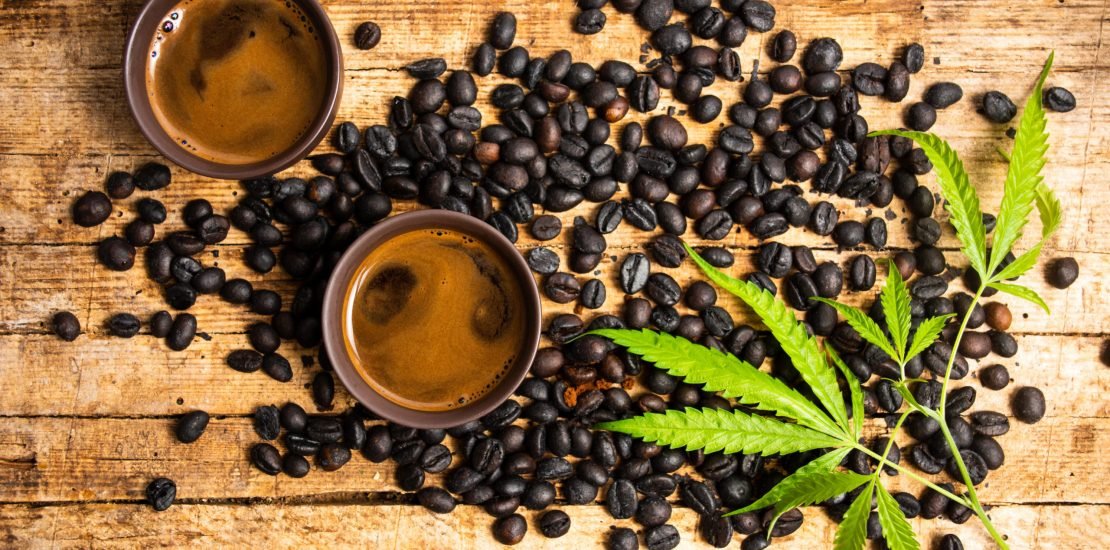- May 4, 2022
- Posted by: Administrator
- Category: News

[ad_1]
A study entitled “The Effects of Consuming Cannabis Flower for Treatment of Fatigue” was published in Medical Cannabis and Cannabinoids in April. The authors conducted the interview through the Economics and Psychology Departments at University of New Mexico (UNM), as well as MoreBetter, which is the creator of an app called Releaf that was used in this study to track consumption.
The study analyzed 1,224 people who conducted 3,922 cannabis flower consumption sessions within the range of June 6 through August 7, 2019 using the Releaf app. Participants recorded their levels of fatigue prior to consumption, as well as afterward, and also included notes about the specific strain and properties they consumed.
The results described that an average of 91.94% of participants felt that their fatigue decreased overall after consuming cannabis. Researchers noted that specific strains labeled as indica, sativa or hybrid did not provide a positive/negative effect in combating fatigue. However, participants who smoked joints felt fatigue relief more than those who chose to consume via pipe or vaporizers.
The authors also wrote that less than 24% of consumers felt negative side effects (described as “lack of motivation or couchlock”) while approximately 37% felt more positive effects (such as “feeling active, energetic, frisky, or productive”). “The findings suggest that the majority of patients experience decreased fatigue from consumption of Cannabis flower consumed in vivo, although the magnitude of the effect and extent of side effects experienced likely vary with individuals’ metabolic states and the synergistic chemotypic properties of the plant.”
In an interview with Benzinga, research author Dr. Jacob Miguel Vigil described that the results of this study were quite the opposite of the pre-existing stigma that still exists in relation to cannabis. “Despite the conventional beliefs that frequent Cannabis use may result in decreased behavioral activity, goal-pursuit, and competitiveness, or what academics have called ‘amotivational syndrome,’ people tend to actually experience an immediate boost in their energy levels immediately after consuming cannabis,” Vigil said.
Both Vigil and Dr. Sarah Stith from UNM’s Department of Economics were surprised that cannabis decreased fatigue in so many participants. “One of the most surprising outcomes of this study is that cannabis in general yielded improvements in symptoms of fatigue, rather than just a subset of products, such as those with higher THC or CBD levels or products characterized as Sativa rather than Indica,” Stith said.
“At the same time, our observation that the major cannabinoids tetrahydrocannabinol (THC) and cannabidiol (CBD) were largely uncorrelated with changes in feelings of fatigue suggest that other minor cannabinoids and phytochemicals such as terpenes may be more influential on the effects of using cannabis than previously believed,” said Vigil. “In the near future, I anticipate that patients will have the opportunity to access more individualized cannabis products, with distinct and known combinations of chemical profiles for treating their specific health needs and lifestyles.”
MoreBetter’s Releaf App used in this study was designed with helping medical patients and recreational consumers track their consumption data and in essence, demystify cannabis. MoreBetter’s COO, Tyler Dautrich, provided a statement to Benzinga about the study results. “This obviously has implications for patients experiencing fatigue as a symptom of their medical condition, but we also believe this can lead to healthier options for individuals dealing with general day-to-day fatigue,” Dautrich said.
The relation of decreased fatigue with cannabis consumption is a relatively new study topic, but the analysis of cannabis use and exercise has recently become a popular topic. Last summer, the banning of Olympic runner Sha’Carri Richardson for a failed drug test prompted numerous discussions and studies analyzing how cannabis is not a performance enhancing drug.
In December, the University of Colorado, Boulder announced that it would be conducting a “first of its kind” study on cannabis and exercise with 50 paid volunteers. The study will have participants consume either a CBD-dominant or THC-dominant strain, and when the effects wear off, run on a treadmill for 40 minutes.
[ad_2]
Source link
